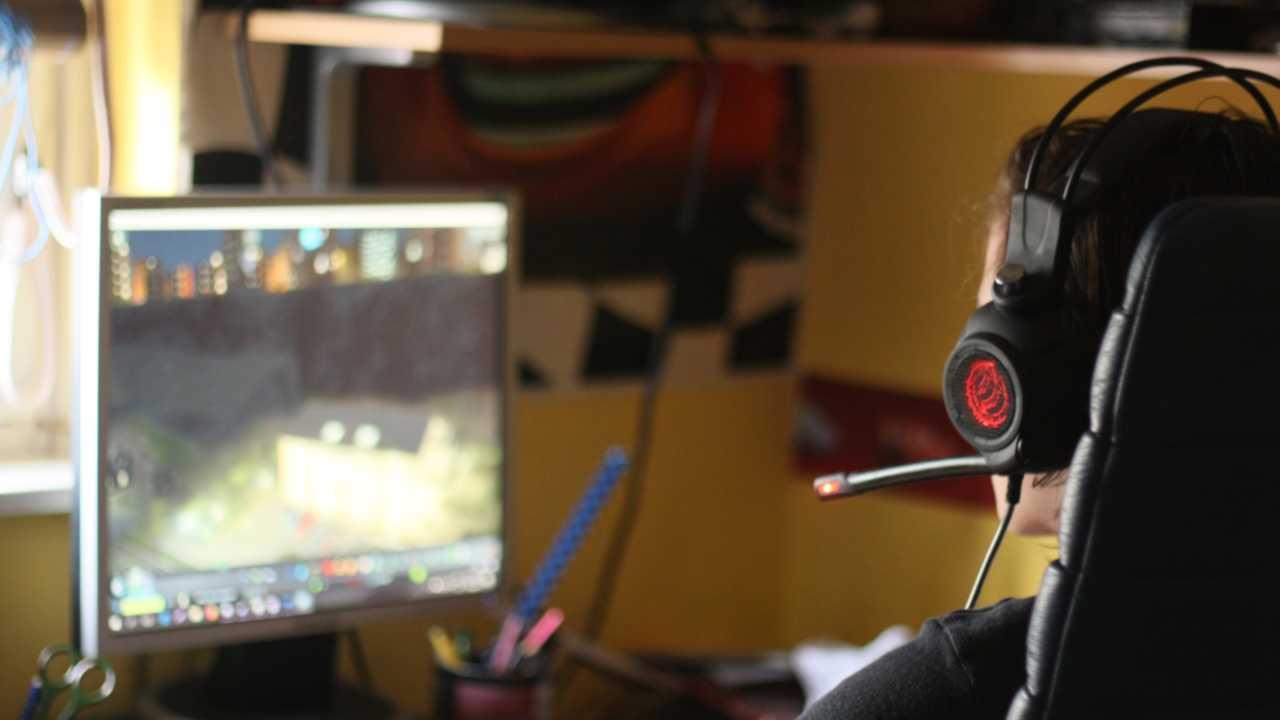City's mental health professionals have been constantly receiving mild to severe cases of online gaming addiction amongst teenagers

Representative image. Pic/ istock
Recently, a 15-year-old Mumbai-based girl was admitted to take counselling from a psychologist as she was addicted to playing an online game round the clock. Explaining the severity of the case, Dr Sagar Mundada, a Mumbai-based psychologist said, “The girl was so involved in the game that a few times she peed in her pants because she just wanted to play the game and was not willing to pause it. She stopped studying, attending classes, and due to permissive parenting, the parents couldn’t stop her from playing.”
ADVERTISEMENT
City's mental health professionals have been constantly receiving mild to severe cases of online gaming addiction amongst teenagers.
Dr Mundada added, “There is an addiction to an extent that they are not sleeping at night. If they are not allowed to play, they start throwing things, showing temper tantrums. In a few admitted cases, the teenagers were so addicted that they were eating their food while gaming and not even getting up to wash their hands before or after.”
In another incident, a teenage boy was admitted to BYL Nair Hospital as he injured himself because of the ‘violent’ game he played. During the treatment at the hospital for his injuries, the case was later referred to the hospital’s psychiatry department.
Dr Henal Shah, head of psychiatry in civic-run BYL Nair Hospital, said, "He was an obedient child and good in studies but during the pandemic, he got into gaming and making groups (for playing online) across the world. The parents didn’t know how to control the child’s addiction.”
During the pandemic, students of all age groups could easily access the internet and were hardly studying. According to mental health experts, the pandemic has caused an increase in the number of online game addiction cases.
After the initial months of the first nationwide lockdown because of Covid-19, a study conducted by professors in AIIMS via an online platform was published in the Indian Journal of Public Health. As per the ‘Impact of lockdown following COVID-19 on the gaming behavior of college students’ study, of the 128 participating students, 50.8 per cent reported that their gaming had increased during the lockdown. The increase in gaming behavior was associated with examination-related stress and the belief that gaming helps combat stress.
The Elsevier's Science Direct research article published in December 2021 highlighted the impacts of the Covid-19 pandemic on the increasing risks of children's addiction to electronic games. Of the total samples (289 children), in the age group 6–17 years, 80.47 per cent showed increased risk of gaming addiction. The UAE based research stated that addiction has caused various kinds of risks - behavioral, social, psychological, and health- to the children.
Last month, a Dadar-based teenager killed himself. While the Mumbai police stated that online gaming addiction could be a major reason, according to mental health experts, it is important to conduct a psychological autopsy before blaming the game and to understand what triggered the teenager.
Dr Harish Shetty, a Mumbai-based psychiatrist, said, “We need to look at the mental health of children. A psychological autopsy is needed in such cases rather than jumping to the conclusion that the game has caused death. It would give us more information about the child, his behavior towards the game, and all other aspects of the child. To attribute that the ‘last straw on the camel's back’ to be the cause is not the right way.”
The UAE study also indicated the need to take serious measures by educating parents to monitor the content of electronic games that their children play, especially violent games.
Dr Shah stated that they get a lot of gaming addiction cases in the hospital and all parents are not vigilant enough to check on their children. While the cases in teens are mild to severe, according to the mental health experts, the parents should take responsibility for checking on their children and have restrictions on use of gadgets. “Due to addiction, slowly they start investing monetarily in the games and also start making unknown friends across the world,” Dr Shah said.
Dr Shah added, “We should also understand the parent-child relationship and how good parents are in disciplining the child. If the parents are authoritative then the children start rebelling. The counselling treatment not only involves the child but also the parents.”
As per the Science Direct research article, symptoms of electronic games addiction include:
- Attachment to electronic devices
- The child's unwillingness to play with other children
-The child's unwillingness to go out in the open
- Changes in the child's temperament, stubbornness, convulsions, and tension
- Academic negligence
- Finding a source of funds to play in video gym clubs
- Loss of appetite and weight loss
Steps to prevent gaming addiction:
- Reduce the number of hours spent playing online games
- Encourage parents to form a bridge of communication and constructive dialogue
- Check on the child's abnormal behavioral, psychological, and social patterns such as aggression, violence, lying, physical stress, academic delay, introversion, depression, isolation from society, social withdrawal
 Subscribe today by clicking the link and stay updated with the latest news!" Click here!
Subscribe today by clicking the link and stay updated with the latest news!" Click here!







